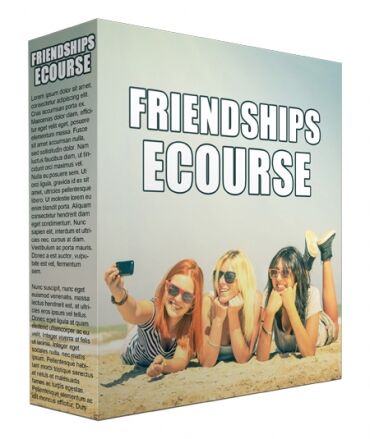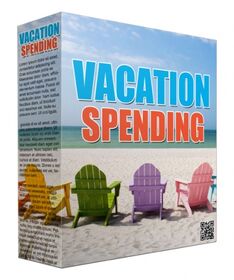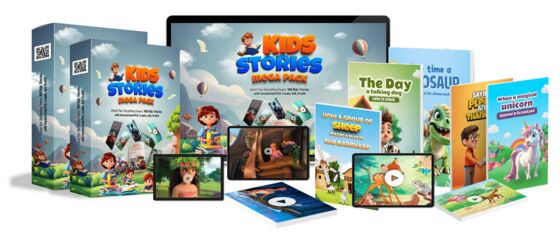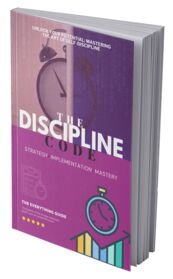Friendships eCourse 2017
Brand New Ecourse On Understanding Childhood Friendships!
We all want our children to be successful and content in life. Friendships are a critical aspect of a happy and fulfilling life. However, children are not born with social skills; they need to learn them over time.
In this course, we will discuss how to help children foster friendships when they are younger and how to deal with various friendship issues, such as when your child has no friends, inappropriate friends, and the pain of broken friendships.
We will also address typical bullying behavior in boys and girls, signs that your child is being bullied, and what to do about it. Let's get started by examining the friendship issues your child may face in preschool.
Relationships in Preschool
Children start forming friendships when they're old enough to speak and listen. In the preschool years, roughly three to six years of age, they are not usually particular about who they decide to be friends with. They are mainly interested in having fun and enjoying shared activities together.
Sometimes those friendships can encounter issues if one child is more aggressive or domineering than another. There can be hurt feelings and tears if things don't go their way. Conversely, children learn to negotiate relationships based on the desire to be friendly to get what they want most. In this case, they will be willing to compromise, take turns, and agree to do activities even if they are not particularly interested, to keep the fun going.
At this age, there is no deep emotional connection or degree of trust and loyalty. Everyone is out to enjoy themselves and be happy. This is one of the easier stages of development because children don’t tend to discriminate or make fun of others. They accept one another for who they are, and everyone is welcome to join in. It is only later that they might start to discriminate due to skin color, disabilities, designer versus non-designer clothes, and so on.
The relationships formed from the age of three onwards have been shown to be crucial for later success in developing harmonious friendships. Yet up to 10% of children struggle with relationships at this age. If you’re concerned that your child is falling behind, try to give them as many chances as possible to mingle with other kids in a variety of settings, and they should soon be able to negotiate the trickier aspects of getting along with others.
Terms
- [YES] Can be sold
- [YES] Can be used for personal use
- [YES] Can be packaged with other products
- [YES] Can modify/change the sales letter
- [YES] Can modify/change the main product
- [YES] Can modify/change the graphics and ecover
- [YES] Can be added into paid membership websites
- [YES] Can put your name on the sales letter
- [YES] Can be offered as a bonus
- [YES] Can be used to build a list
- [YES] Can print/publish offline
- [YES] Can convey and sell Personal Use Rights
- [YES] Can convey and sell Resale Rights
- [YES] Can convey and sell Master Resale Rights
- [YES] Can be translated to other languages
- [YES] Can be added to shops/memberhips containing more than 500 products
- [NO] Can be given away for free
- [NO] Can be added to free membership websites
- [NO] Can convey and sell Private Label Rights

















